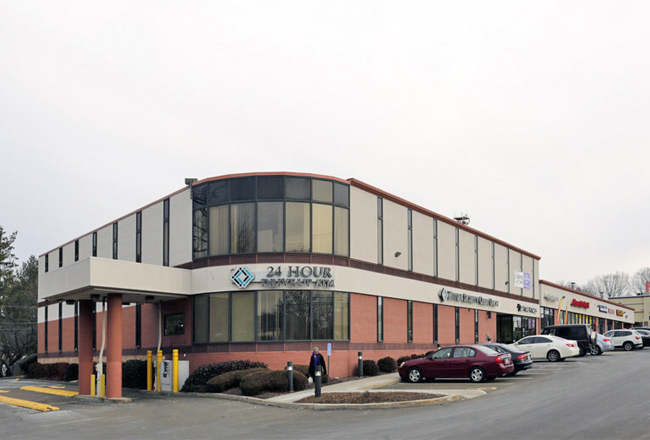
When it”™s time to brainstorm that next big idea or build out a marketing or PR initiative, a company may be tempted to look around and use resources already at its disposal. Similarly, it may gather top management in a room to navigate a business challenge or to plot a new product launch.
Then, when these businesses are ready to share the message far and wide, they may opt to hire an in-house staff member, ideally one who has some of this expertise, but can also perform a number of other random tasks; having an “employee under roof” is comfortable, familiar and gives a degree of control. Perhaps the organization promotes a team member who is already familiar with their brand. This person already loves the company and is eager to please. Sensible enough, right?
Only it isn”™t. According to Duncan Wardle, innovation keynote speaker and creativity consultant at iD8 and innov8, who also happens to be the former head of innovation and creativity at Disney (yes, one of the most wildly imaginative places on Earth), one of the biggest barriers to creativity is”¦ drumroll please”¦ your own expertise.
Get Out of Your Own Way
As a public relations agency owner, I call this phenomenon “business myopia.” Companies get too close to the subject matter and ingrained in the thinking that has gotten them to where they are now. It can be hard to take the long view or to compare their ideas, objectively, to others within the competitive set. Being a subject matter expert ”“ and the very success they should be so proud of ”“ gets in the way of thinking expansively. By doing so, the so-called experts fail to ask the very questions that could lead to breakthrough ideas. To put it simply, their expertise stifles their creativity.
Plus, for an outside party with its pulse on a variety of businesses and varied experiences, an economy of scale can be realized. Results can go further, faster, due to existing synergies and resources. For example, at our firm we may combine more than one client into a media pitch to create a fully built out story that can be rapidly appealing to a reporter and increase the likelihood of coverage for all. We may also pull five or six team members, each with varying backgrounds and life experiences, some that may have parallels to the challenge at hand, to brainstorm on behalf of a client, come up with a clever name for a new offering, map out an exciting event activation or partnership or simply to spot a can”™t-believe-that-was-right-in-front-of-us solution.
Tap into Childlike Curiosity
While it may seem counterintuitive, plotting out the course is oftentimes the last thing a business should do. To get to innovative answers, it”™s best to start with questions, which if you think back to the days of youth is something children intuitively do.
The problem with this notion is that most people, by the time they reach adulthood, have deep experiences to draw upon and seeming anything less than wise would be a blow to their reputation. Particularly, as businesspeople become more senior and seasoned, they are expected to have answers. This kind of thinking is a barrier to achieving next level results.
Harness the Power of Naiveté for Change
Wardle, who was referenced earlier in this column, recommends bringing in naïve experts. The word “naïve” has many meanings, though. Typically, the focus is on the negative aspects, such as a lack of experience, wisdom, perspective, judgment or sophistication, but there are upsides worth exploring. Being naïve can also mean being natural, unaffected, trusting and childlike. To change from “the way things have always been done” (perhaps the seven deadliest words for creativity) it helps to call in people with varied perspectives, not-too-specific expertise and an abundance of curiosity.
If companies want to innovate, it”™s time to humbly ask “What if”¦” and “Why”¦” and “How could we”¦” questions. Bringing in an outside resource can help do just that. After all, naiveté is not ignorance, but rather a place where curiosity and playful experimentation happen. It”™s in this wide-eyed, open-minded zone that issues transform into exciting opportunities.
Filomena Fanelli is the CEO and founder of Impact PR & Communications, Ltd. (prwithimpact.com), an award-winning public relations agency based in New York”™s Hudson Valley and serving clients throughout the tristate area. Fanelli can be reached at 845-462-4979 or at filomena@prwithimpact.com.

















